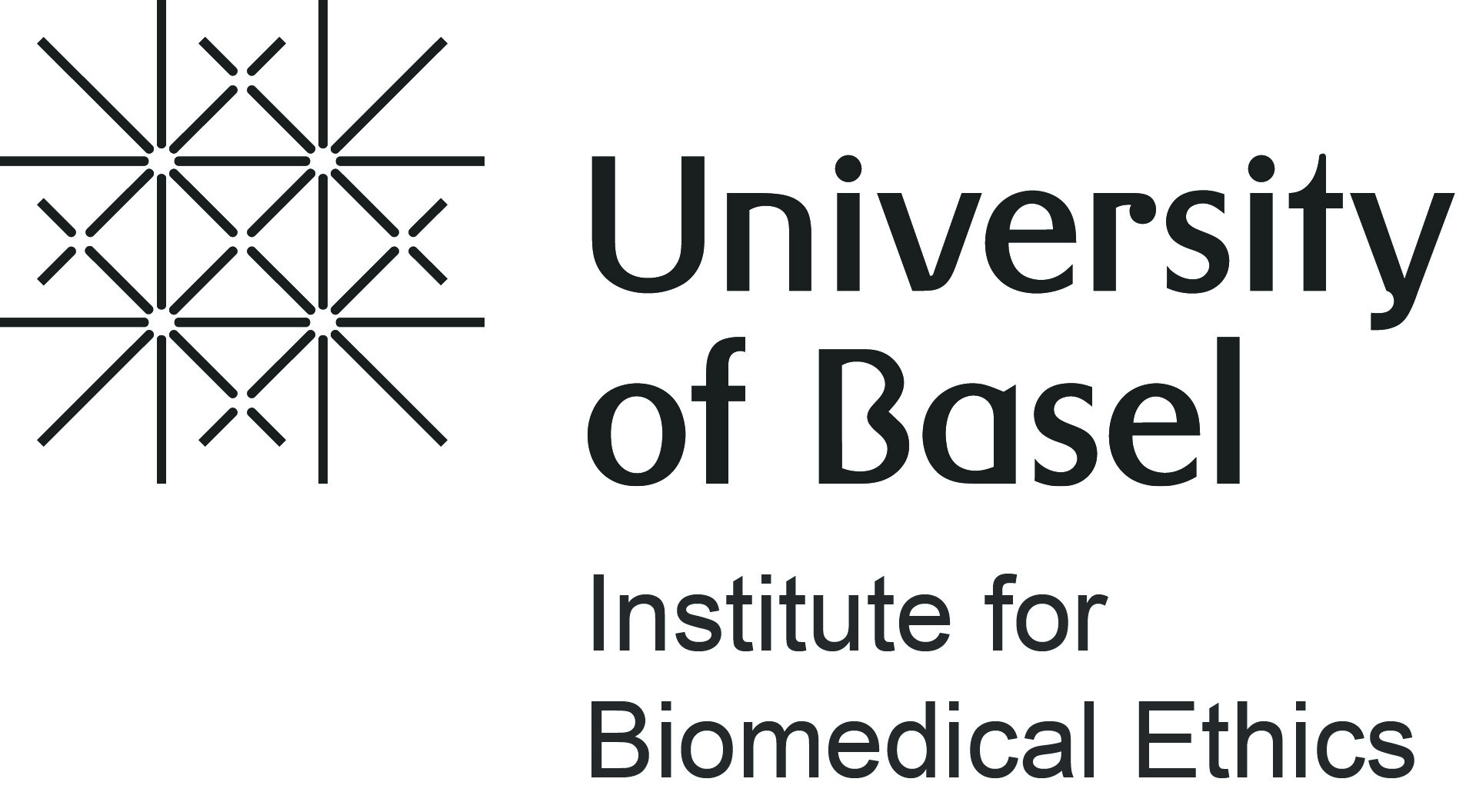Our Team
Our Key Principles & Framework
Ethical considerations
Responsible adoption requires careful examination of the ethical implications of new technologies and practices. It involves ensuring that decisions prioritize human rights, privacy, equality, and social justice.
Stakeholder engagement
Involving stakeholders such as governments, communities, experts, policymakers, and individuals in the decision-making process fosters inclusivity and ensures that a wide range of perspectives and concerns are considered.
Risk assessment and mitigation
Prior to deploying any new technology or policy, it is imperative to carry out thorough risk assessments to pinpoint potential hazards or risks. We then implement adequate safeguards to mitigate these risks, ensuring the safety of both individuals and the environment.
Continuous monitoring and evaluation
Responsible adoption is an ongoing process that requires continuous monitoring of the implemented technology or practice. Regular evaluation helps identify any unforeseen risks or negative consequences and allows for necessary adjustments or discontinuation if required.
Stakeholder engagement
Responsible AI adoption involves open and transparent communication about the benefits, risks, and limitations of the technology or practice. It includes accountability for any potential negative impacts and a commitment to addressing them promptly.
Sustainability and long-term planning
Responsible adoption considers the long-term sustainability of the adopted technology or practice. This includes assessing its environmental impact, resource consumption, and potential for creating a more resilient and sustainable future.


















